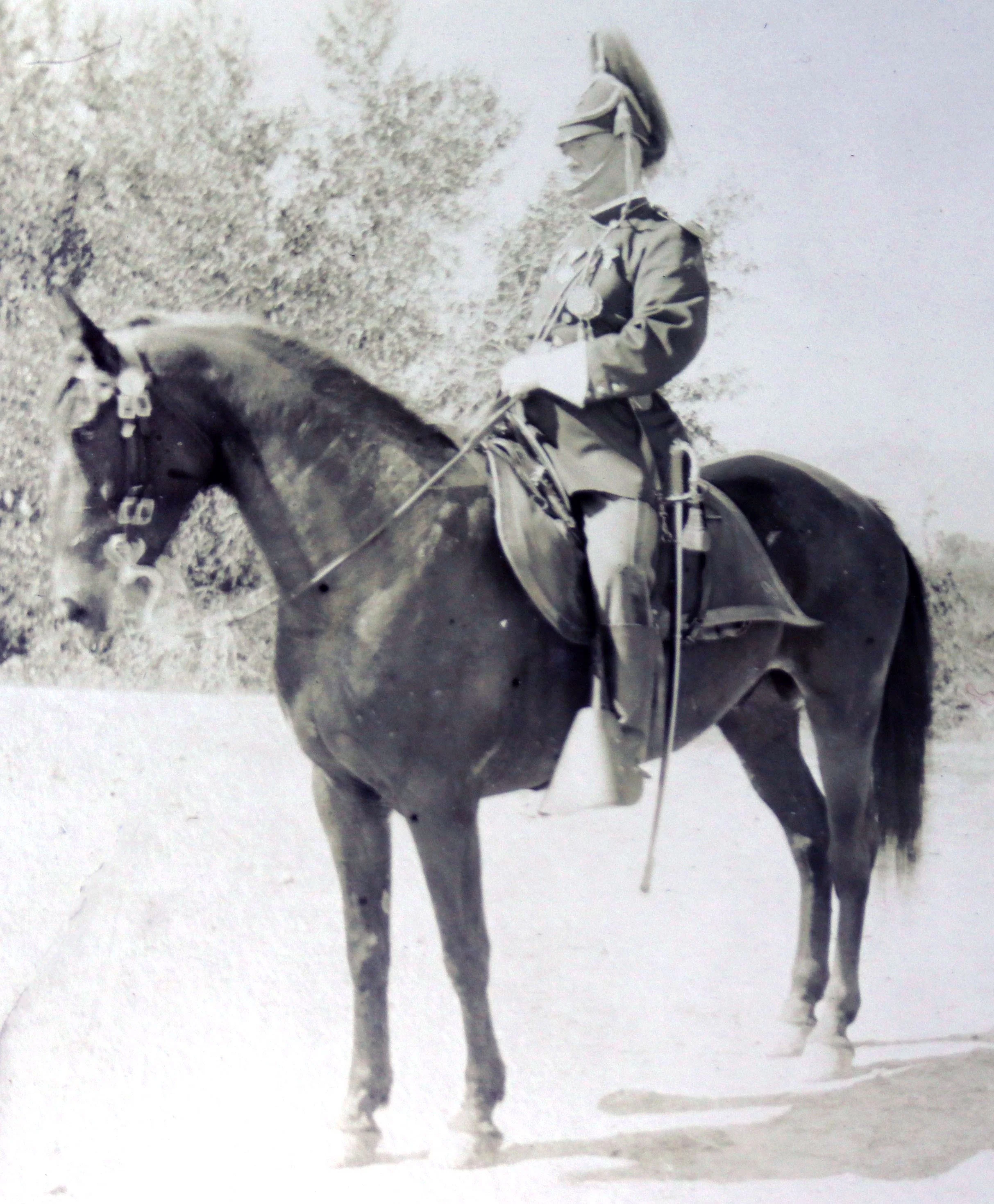
The Road to Fort Washakie
One of my family’s most treasured heirlooms is a scrapbook containing photos taken between 1895 and 1897 at Fort Washakie, Wyoming. At that time, my great-great-grandfather John S. Loud was stationed there as an officer of the 9th Cavalry, one of the segregated Black cavalry regiments often called the Buffalo Soldiers. His wife, Kate Mifflin Loud, his son, James (Jim) Loud, age 19, and his daughter, my great-grandmother Dorothy (Dollie) Loud, age 16, lived at the fort with him, as they had at his previous posts on the western frontier.

The Real McCoy
When you’re working with Civil War pension files at the National Archives, you never really know what you’re going to get. A soldier’s file could be a few pages or a few hundred. It could include a simple rejection or repeated special investigations. If you’re lucky, it might include something like a photograph or an original marriage certificate. I’ve looked at a lot of pension files over the years and know to expect the unexpected, but nothing could have prepared me for Lewis McCoy. As this photo shows, it was a monster.

She Has Always Exercised and Enjoyed Those Rights
As I said in my last post, my three times great-granduncle Elias Longley and his wife Margaret Vater Longley were idealists. Among Elias’s many publishing ventures was a newspaper, The Type of the Times. Its slogan was “Devoted to all true interests of the human race,” which, as one writer notes, included “women’s rights, as well as abolition, temperance, and even vegetarianism” (Durack 2020). Of these varied interests, the one to which Margaret, in particular, devoted the most time and energy was women’s suffrage.

Fonetic Speliŋ
I’ve written quite a bit already about my Longley relatives, including Thomas, who spoke out against slavery in Kentucky in 1805, and Abner, who joined a utopian socialist community in 1844. I joke sometimes that this branch of my family never met a radical idea they didn’t want to try out, and there’s actually some truth to that. Abner’s sons continued this pattern, becoming journalists, printers, flag and playing card manufacturers, utopian socialists, and in the case of his oldest son Elias Longley, a passionate advocate for phonetic spelling. It is Elias and his wife Margaret Vater Longley about whom I am writing today and in my next post.
